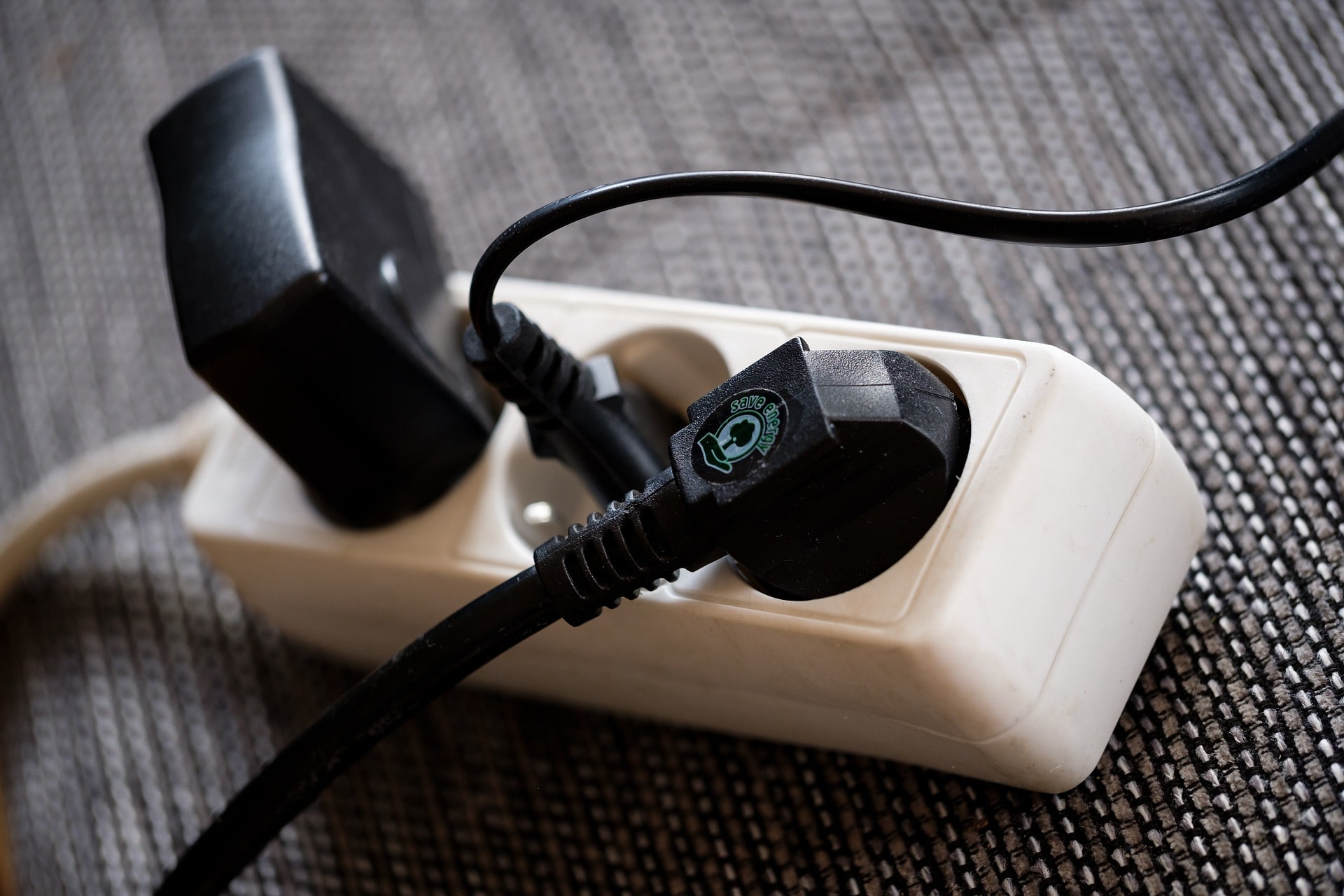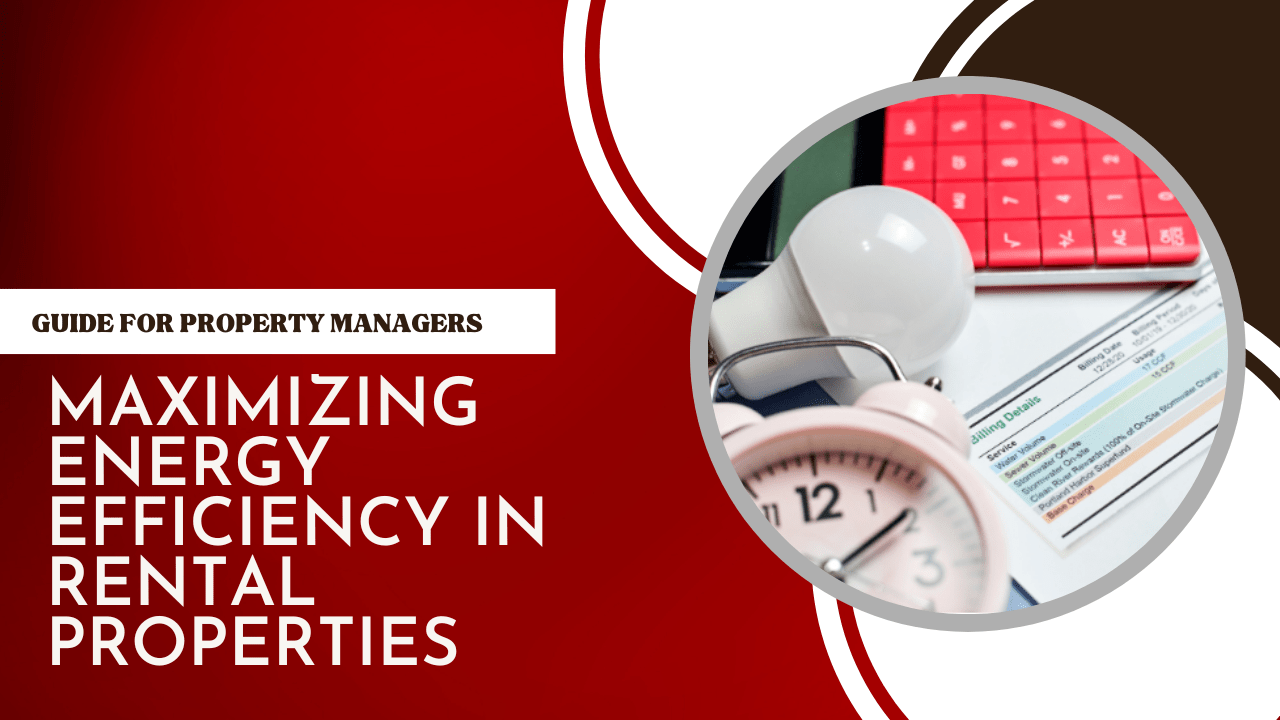Rental properties need to be more efficient if they’re going to be more attractive to modern tenants.
This is a simple fact.
Whatever your opinions happen to be on climate and environmental sustainability, your rental property uses a lot of energy, and tenants are looking for ways to reduce what they need.
More and more tenants in Norfolk are expressing concern for the environment. They want to live in homes that don’t leave a huge carbon footprint. They also want to keep their energy bills reasonable.
Maybe you’re already making investments at your own home. Why not make your rental property more energy efficient as well?
There are a few easy things you can do to improve the way resources are used by tenants in your rental property.
Here’s our guide for anyone who wants to make their rental properties a little greener and a little more attractive to energy-conscious tenants. These tips will help you save money and offer a more sustainable home.
Start With Energy-Efficient Appliances and Lighting
Where is the most obvious place to start? With the large items that require a lot of energy.
When it's time to upgrade appliances or lighting at your Norfolk rental property, think carefully about which appliances and which lights you will buy. Consider choosing energy-efficient options that may be slightly more expensive than basic models, but will deliver more savings in the long run. Energy Star-rated appliances, for example, use less energy than non-certified models, which can help your tenant save money on electricity bills and use less water and electricity.
Energy-efficient lighting, such as LED bulbs, are also worth buying. They’re not as expensive as they once were, and they use less energy than incandescent bulbs. Those LED lights are longer-lasting, making them cost-effective in the long run.
Your dryer and your refrigerator could be energy vampires, and if you provide these appliances in your rental property, you’ll want to make them as efficient as you can for appreciative tenants. Here are a couple of things you can do:
Pay Attention to the Settings on Your Water Heater
A sustainable rental property will have a tankless water heater. If it’s time to install a new water heater anyway, this may be your best shot at maximum energy efficiency. They’re a bit on the pricey side, however, so if you’re not ready to go tankless, make sure you’re paying attention to the condition of your traditional water heater. Check the temperature setting. The default setting for most water heaters is 140 degrees. It’s safer to turn it down to 120 degrees, and that’s also going to save energy. Just don’t put that setting below 110 degrees. This could invite bacteria into the system.
Periodically Clean Your Refrigerator Coils
The next time you have a tenant turnover, spend some time on the fridge coils. Pull the refrigerator away from the wall and get to the back of the appliance. You’ll likely find that the coils behind the fridge are corroded with dust and debris. Cleaning your coils will reduce the refrigerator’s energy consumption, help the appliance operate more quietly, and extend the lifespan of the refrigerator.
Always Be Consistent With Replacing Furnace Filters
The HVAC system is a great place to make some energy improvements. There’s a lot of energy moving through this system, whether it’s to heat the home during the winter or cool it down during the summer.
Clean filters keep the air in your rental home cleaner. They also ensure the furnace and the air conditioning units are running efficiently. A fresh furnace filter will keep air comfortable and well-distributed. The HVAC unit will continue operating the way it should, and utility costs will be lower.
Typically, tenants in your property are likely to be responsible for replacing the air filter. Make sure they’re taking this responsibility seriously, and that they’re consistently changing that filter every month or every three months, depending on your cooling unit.
Insulate Your Norfolk Rental Property
When you’re auditing your rental property’s energy efficiency, always look at insulation.
This can make a significant difference in keeping energy bills down for your tenants, or for you, when you’re keeping the lights on during a vacancy. Insulated walls and roofing can help reduce the amount of heat that escapes during cold weather and also trap cool air inside during hot weather.
Heat is constantly in motion. It moves freely from warmer to cooler areas, so by its nature it will escape from a warm home into the cold outside air. In both hot and cool seasons, a serious amount of energy can be lost through exterior walls, rather than staying in your home to keep you warm or cool.
A well-insulated property is more efficient. It also helps your HVAC system work more reliably, which in turn consumes less energy, lowers energy bills, and reduces your property’s carbon footprint. Insulation could be made from different materials like fiberglass, cellulose, or foam.
Caulk Windows and Doors and Keep Them Sealed
In addition to insulating your roof and your walls, you want to keep as much air inside the rental property as possible. Warm air stays in during the winter and cool air stays in during the summer.
How can you make sure this is as efficient as possible? Caulking is one of the best and easiest answers. It’s also inexpensive.
The age of your property will drive how much work you have to do to seal cracks and holes. Older rental homes will require more of an effort than new construction when it comes to making the place energy-efficient. If your property is old, you might discover old or missing caulk around your windows. Air will leak through those areas, just as it will leak through sashes, door panels, and window frames. Seal off any cracks or gaps with caulk.
Invest in a Smart Thermostat
There’s a lot of smart home technology that can help you manage a more efficient rental property. For example, look for a smart thermostat. Programmable thermostats are the future.
Tenants know that not every rental property on the market has come to terms with the need to be more efficient with energy. So, when they find one that provides systems and amenities that are environmentally friendly, they hurry to rent that home.
Attract highly qualified tenants and help them save on their energy consumption by installing a programmable thermostat, which is also known as a Smart thermostat.
These do not have to be cost-prohibitive. You can find a programmable thermostat that’s reliable and sustainable for less than $100. And, it will make a big difference for your residents in the way they set the temperatures at their homes.
Look for Energy Vampires in Electronics

Are your tenants stuck using vampire electronics at your home? Many electronic devices consume energy even when they are turned off but still plugged in, a phenomenon called standby energy, so unplugging them altogether can have a significant impact. To make things easier, recommend that your tenants install smart power strips to help automatically power off devices when not in use. These strips have money-saving and material outcomes such as:
Protecting your tenant’s electronics from power surges, especially if there’s lightning. Thunderstorms are not uncommon in Norfolk, so this extra layer of protection is especially important.
Reducing electric bills. Those standby energy intakes of electricity are called phantom charges. You don’t know you’re using the electricity but you’re still paying for it. Tenants may not know about this, and you can refer them to the U.S. Department of Energy website for more information.
Reducing consumption costs. Tenants who are worried about their bills will be relieved that they’re paying less. Tenants who are more concerned with the environmental impact of how they live will enjoy knowing that they aren’t using more energy than they need.
One of the simplest ways to increase energy efficiency is by turning off and unplugging devices when they are not in use. You can educate your tenants on this simple act, and ask them to think about how they can be more responsible with energy as they’re living in your home.
Make sure you’re turning things off that you don’t need during turnover and vacancy periods as well.
These are some general recommendations we make to all of our rental property owners. If you’d like some customized suggestions based on your property’s age, condition, and location, we’d be happy to evaluate your investment and talk about any improvements you can make in an attempt to be more efficient with the energy you use.
From sealing air leaks and cracks to using energy-efficient appliances and lighting, there are many small changes rental property owners can make to start improving their rental property's energy efficiency. In addition to reducing carbon footprints, landlords can also promote their property to eco-friendly tenants, which in turn can benefit the environment and help increase the demand for sustainable properties.
If you’d like to talk about this further, please don’t hesitate to contact us at Doud Realty Services, Inc. We provide expert property management in Norfolk, Portsmouth, Hampton Roads, as well as surrounding areas such as Virginia Beach, Suffolk, Chesapeake, and Newport News.


